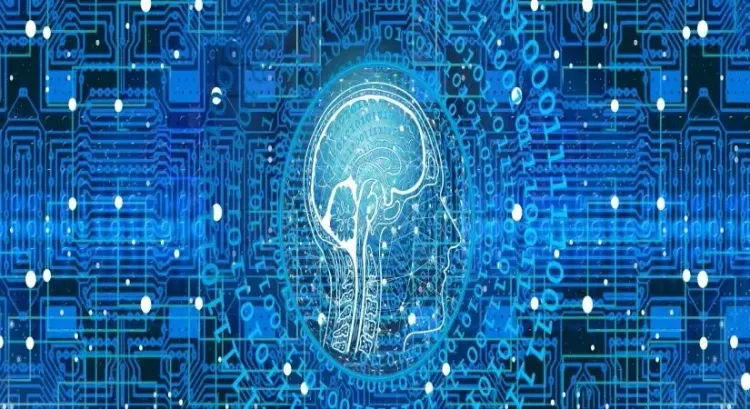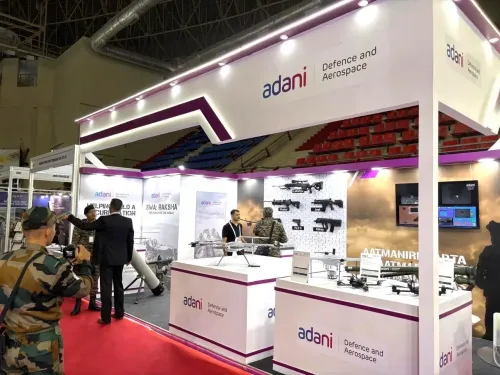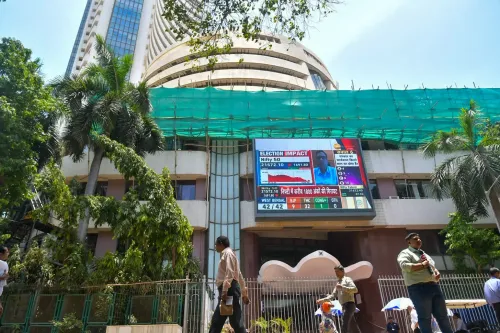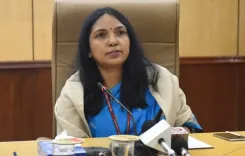How Will AI, Technology & Innovation Drive India’s Growth?

Synopsis
Key Takeaways
- AI and technology are critical for India's growth.
- Graduating youth are encouraged to lead innovations.
- Viksit Bharat 2047 envisions a developed nation.
- India has a strong base of STEM graduates.
- Government initiatives aim for self-reliance in technology.
New Delhi, Sep 10 (NationPress) Commerce and Industry Minister Piyush Goyal stated on Wednesday that Artificial Intelligence, technology, and innovation will be the key drivers of India’s growth narrative.
Speaking at the 58th convocation event of the Indian Institute of Foreign Trade (IIFT), the minister congratulated the graduating class of 2025 and encouraged them to utilize their skills, agility, and vision to guide the nation towards Viksit Bharat 2047.
Goyal emphasized the significance of technology and artificial intelligence in propelling India’s progress, noting the transformative capabilities of AI, robotics, machine learning, quantum computing, and innovation across vital sectors including manufacturing, agriculture, healthcare, and education. He highlighted that with India producing approximately 2.3 million STEM graduates annually, these advancements can help reduce reliance on foreign technologies, empower local industries, and uplift those in need.
Reflecting on his experience managing a skill development center in Mumbai alongside the CII, NSDC, Kyndryl, and IBM, he shared how students from humble backgrounds swiftly adapted to contemporary technologies like cybersecurity, showcasing India’s inherent capacity to embrace knowledge and innovation. He stressed that India's youthful demographic — with an average age of 28.4 years — is a major asset in the transition from a $4 trillion to a $30–35 trillion economy.
Goyal referenced Prime Minister Narendra Modi’s vision for self-sufficiency in technology — encompassing everything from operating systems to cybersecurity and deep tech to artificial intelligence. He asserted that India must attain a leading global position in technology and elevate the nation’s stature.
Underlining the government’s economic vision led by Prime Minister Modi, Goyal stated it is based on the goal of establishing a developed nation — a Viksit Bharat — ensuring prosperity for every newborn in the country. The focus, he mentioned, is on resilience, sustainability, inclusivity, and innovation-driven growth, aiming to enhance quality of life, narrow the rural-urban divide, alleviate poverty, and facilitate ease of doing business and living.
Pointing out India’s robust macroeconomic fundamentals, low inflation, and status as the fastest-growing large economy, Goyal observed the growing global interest in India, with over 2,500 international companies operating in the country. He remarked that this extraordinary opportunity places the nation’s future in the capable hands of its youth.
In his address, the Chancellor of IIFT and Secretary of the Department of Commerce, Sunil Barthwal, highlighted that resilience, adaptability, and ethical leadership will be the defining traits that shape India’s ongoing success on the global stage. Regarding future opportunities, he urged students to align their ambitions with the larger national objectives, reminding them that every advancement in their careers contributes to the country’s progress.









